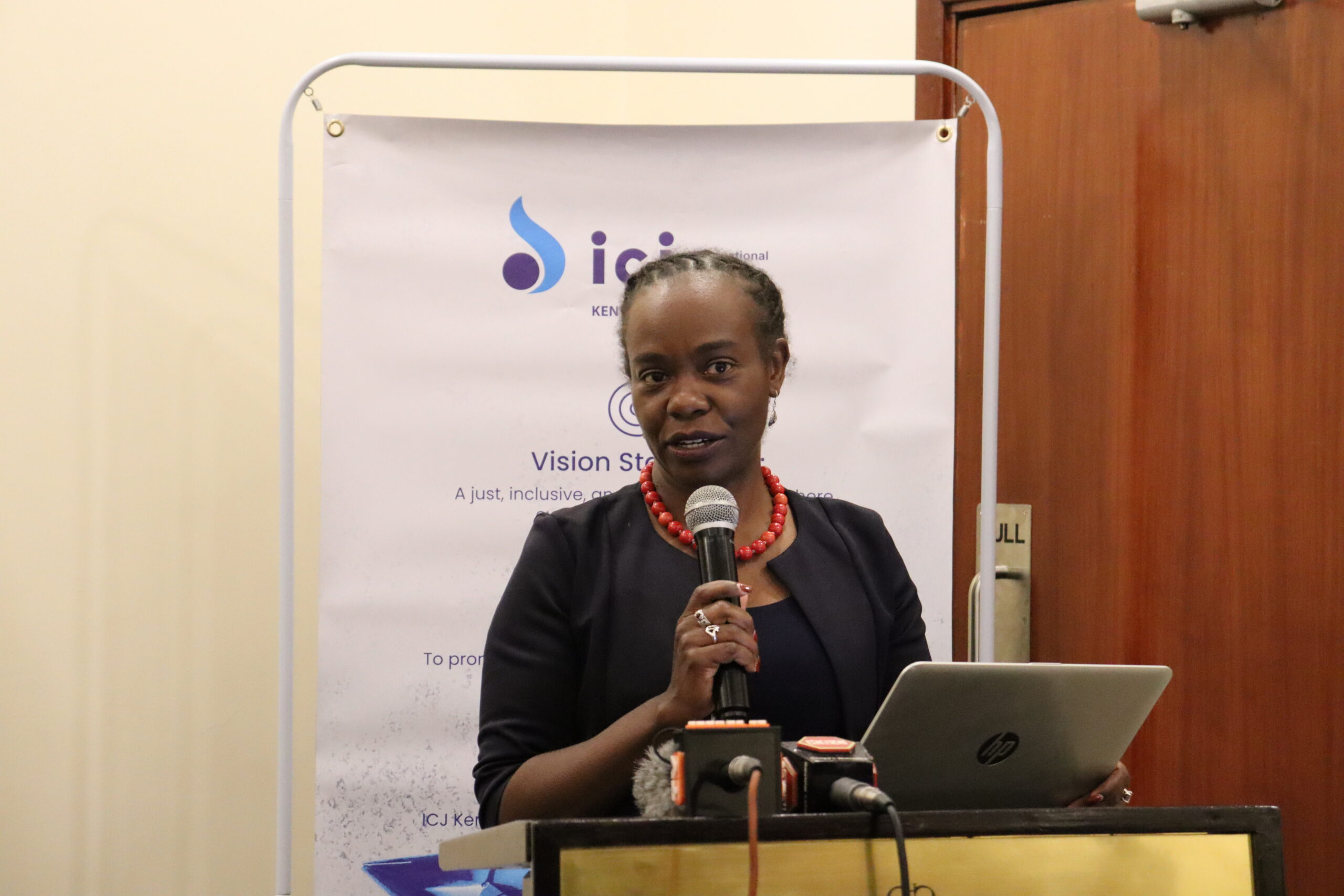The ongoing campaign to have Kenya completely abolish the death penalty is gaining momentum with Unguja Member of Parliament Opiyo Wandayi having presented the Penal Code (Amendment) bill before the floor of the house, which has since gone through its first reading.
The amendment also targets other related laws namely, the Prison Act, the Legal Aid, The Kenya Defence Forces Act, the Preservation of Public Security and the Appellate Jurisdiction Act with regards to the death sentence.
Wandayi who described the law as archaic and torturous in nature said that the efforts to abolish the death penalty are timely since nations world over, especially in Africa continue to blatantly abuse Human Rights of its citizens including those serving prison sentences.
“The law provides that when a person is sentenced to death, “he shall be hanged by the neck until he is dead.” This not only demonstrates the torturous and archaic nature of the death penalty but also warrants its urgent and immediate abolition as a form of punishment in Kenya,” said Wandayi.
Speaking during an event organized by ICJ Kenya to commemorate the 21st World day against the Death Penalty, the legislator said that the nature of the amendment is to replace the death sentence with life imprisonment.
The Supreme court’s decision in Francis Karioko Muruatetu in 2017 declared the mandatory nature of the death penalty as unconstitutional.
“I am very hopeful that these amendments will indeed see the light of day as the lives of numerous prisoners serving the death sentence depend on it,” noted Wandayi.
ICJ-Kenya Executive Director Elsy Sainna, explained that calling for the abolition of the death penalty does not mean that victims of crimes are to be ignored further noting that the penal system has diverse forms of punishment that can be explored beyond the death penalty,indicating that people’s lives can be preserved but equally held accountable for their actions.
“This year’s theme captures what those sentenced to death have to endure, both physical and psychological torture. The mental anguish and the uncertainty of being executed are inhumane and a form of torture we would not wish upon anyone. Those sentenced to death and their sentences later commuted have to live with lifetime scars, which we only hope time can heal,” she said.
According to statistics from the Kenya Prisons Service, 101 Kenyans are in death row to date. 99 are male while 2 are women.
Women on death row are said to suffer intersectional discrimination from the point of arrest, trial and sentencing.
Most women sentenced to death are victims of sexual and gender-based violence, which unfortunately does not become a sufficient mitigating factor during sentencing according to ICJ Kenya executive director.
Kenya has not carried out an execution for over 30 years, however hundreds remain in death row and continue to be sentenced due its retention in our laws.
A study by the Death Penalty project in collaboration with the Kenya National Commission Human Rights and Australian National University titled,’The death penalty in Kenya:A punishment that has died out in practice’ from a random sampling of at least 1,672 found that 40% of Kenyans favor abolition. In comparison 10 % did not know either way. Additionally, only 51% were in favor of retaining the death penalty and only 32 percent were firmly in favor of retaining of it.
The study also found that only 66% were aware that Kenya retains the death penalty and only 21 % knew that no executions had taken place.
61% stated that some innocent Kenyans may have been sentenced to death while only 8 % thought that no innocent Kenyan has been sentenced to death. Equally, 59 % of those in favour of retaining the death penalty indicated that they would accept a new policy on the death penalty.











